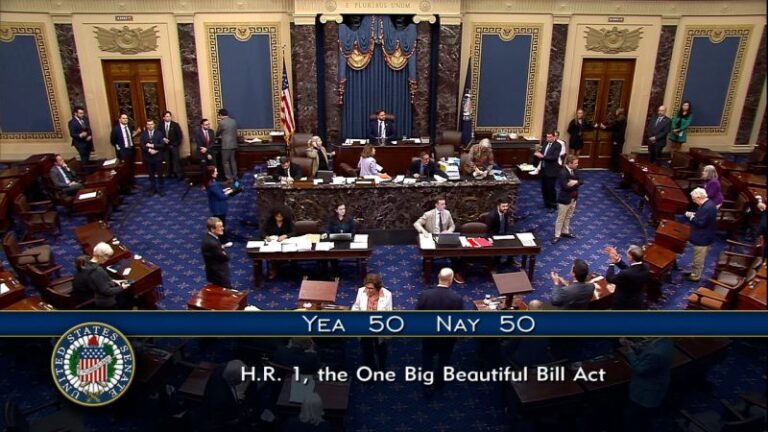The Trump administration has initiated a series of measures aimed at restructuring NASA’s scientific missions, sparking widespread concern among scientists and policymakers. This move, which includes potential budget cuts and a reorganization of the agency’s leadership, has reignited debates about the future of space exploration and its implications for national security.
According to sources, the administration’s plan involves reshaping NASA’s structure to prioritize certain types of missions over others, potentially sidelining scientific research in favor of projects with immediate economic or military benefits. The changes come at a time when NASA’s acting leadership is already considering a new agency structure.
Impact on NASA’s Scientific Endeavors
The proposed restructuring has raised alarms within the scientific community, with many experts fearing that it could undermine NASA’s ability to conduct essential research. Former NASA administrators have voiced their concerns, emphasizing the importance of maintaining a balanced approach to space exploration that includes robust scientific inquiry.
In a recent opinion piece, a former NASA chief warned that the agency’s future could be at risk if scientific missions are deprioritized. “NASA’s ability to innovate and lead in space exploration depends on a commitment to science,” the former chief stated. “Any reduction in this commitment could have long-term consequences for our national security.”
Budget Concerns and Protests
Amid these developments, NASA employees and supporters have organized protests at the agency’s headquarters, calling for a reconsideration of the proposed budget cuts. The protests highlight the critical role that NASA’s scientific missions play in advancing our understanding of the universe and addressing global challenges such as climate change.
NASA Watch, a prominent space policy blog, reported on the protests, noting that many participants expressed concern about the potential loss of funding for key scientific projects. “This is not just about space; it’s about our future on Earth,” one protester remarked.
Historical Context and National Security
The current situation echoes past debates over NASA’s priorities, particularly during periods of political and economic uncertainty. Historically, NASA has navigated shifts in focus between manned missions, technological development, and scientific research, often influenced by the prevailing political climate.
In the 1980s, for example, NASA faced similar challenges under the Reagan administration, which prioritized defense-related space initiatives. However, the agency managed to maintain a diverse portfolio of missions, thanks in part to strong advocacy from the scientific community and bipartisan support in Congress.
Today, experts argue that a balanced approach is more crucial than ever, given the complex geopolitical landscape and the increasing importance of space in national security. “Space is the new frontier of defense,” noted a defense policy analyst. “We cannot afford to compromise on scientific research that underpins our strategic capabilities.”
Looking Ahead: The Future of NASA
As the debate over NASA’s future continues, stakeholders are calling for a comprehensive review of the agency’s mission priorities. Some suggest that a collaborative approach, involving input from scientists, policymakers, and industry leaders, could help ensure that NASA remains a leader in space exploration while addressing pressing national and global challenges.
Meanwhile, Congress is expected to weigh in on the proposed changes, with hearings likely to take place in the coming months. Lawmakers from both parties have expressed interest in ensuring that NASA’s mission remains aligned with national interests while preserving its scientific integrity.
Ultimately, the outcome of this debate will have significant implications for the future of space exploration and the role of science in shaping our understanding of the universe. As one expert put it, “The decisions we make today will determine the trajectory of space exploration for generations to come.”


























